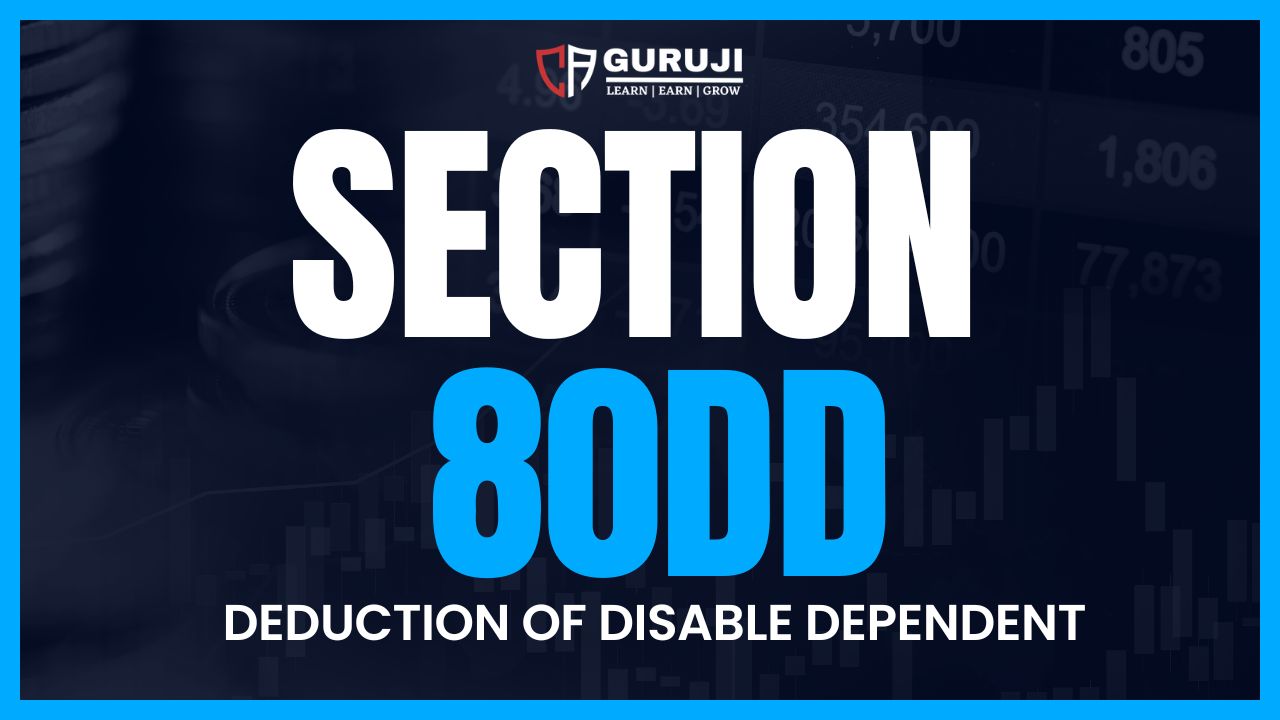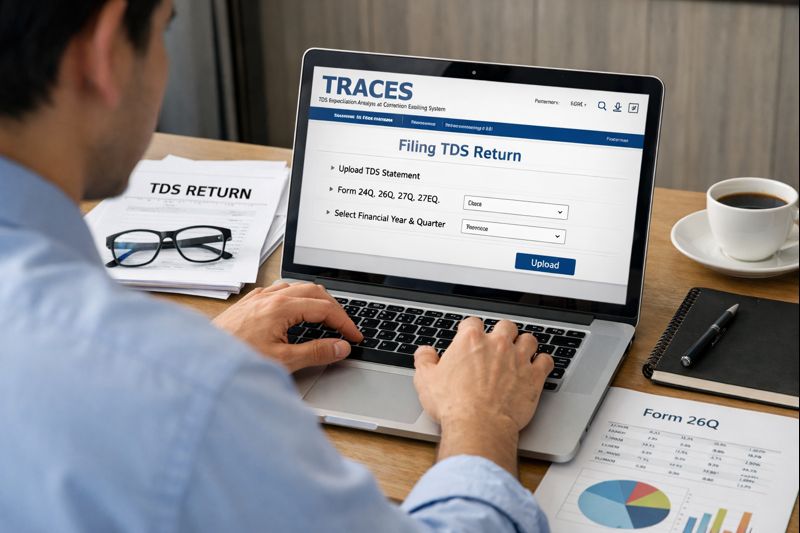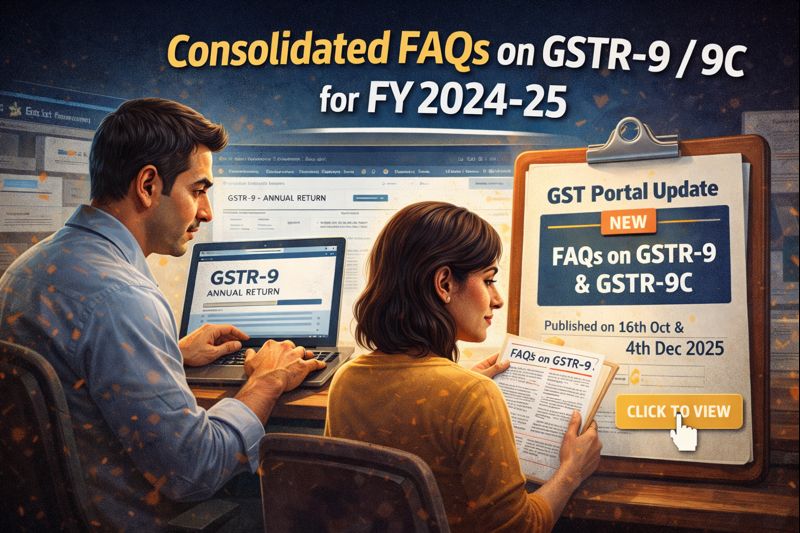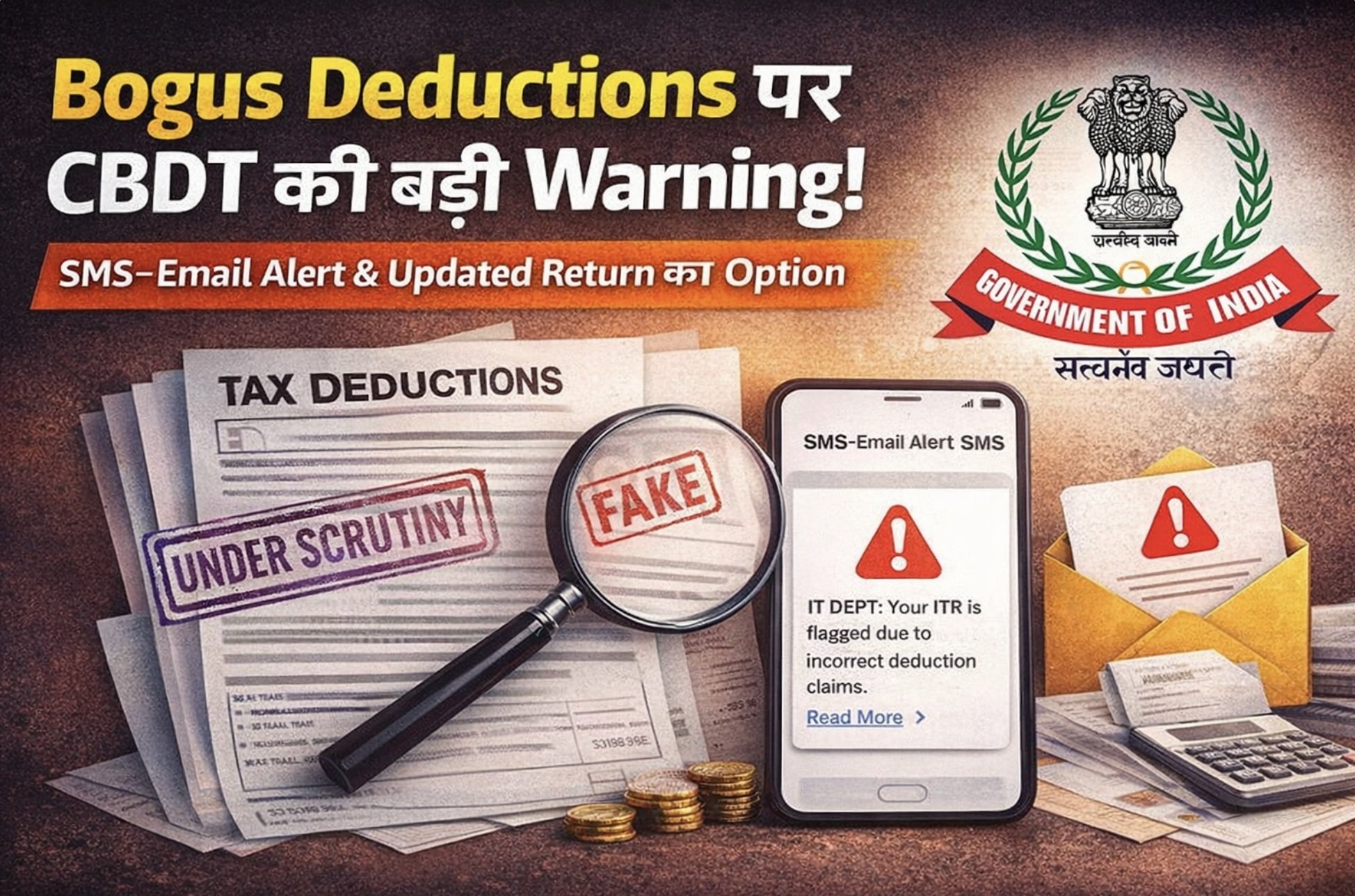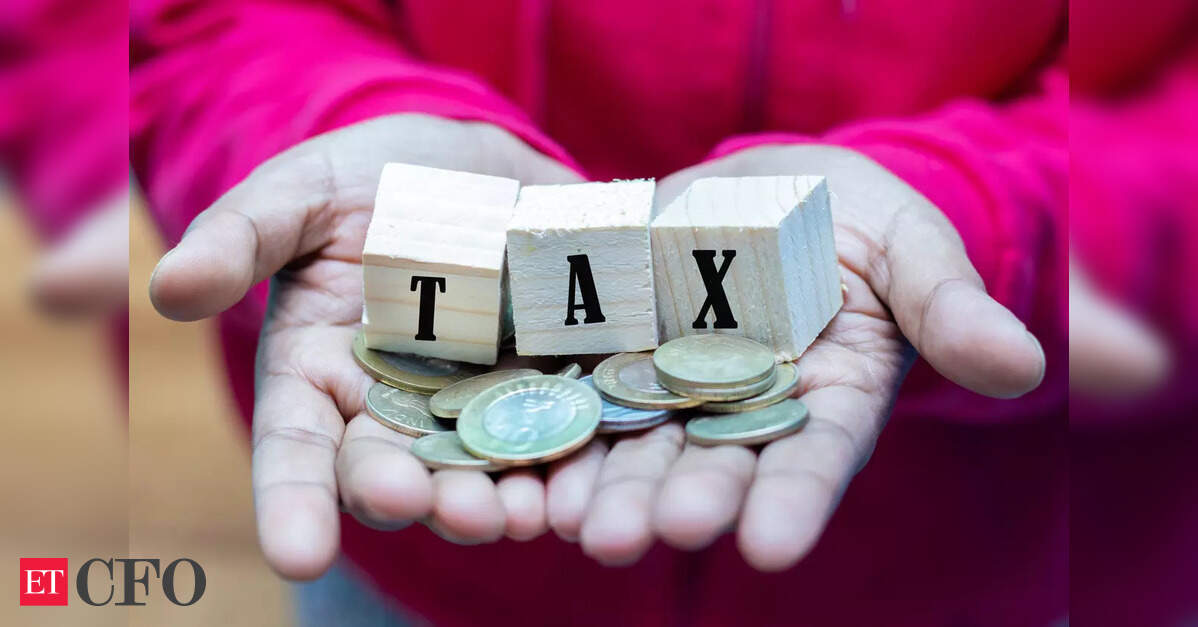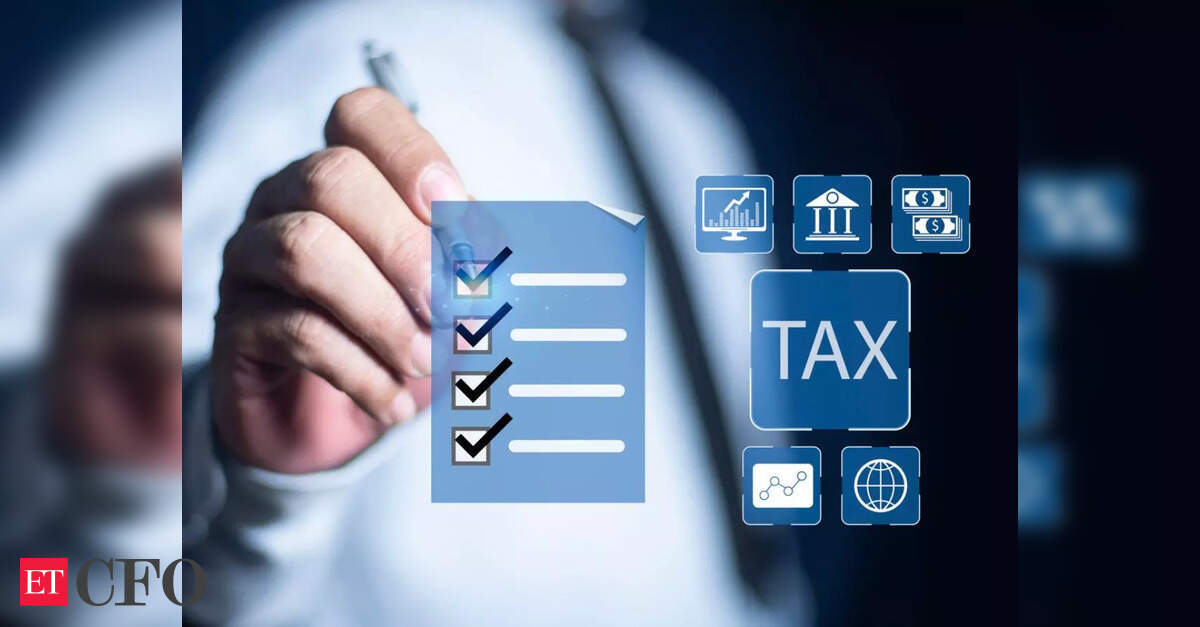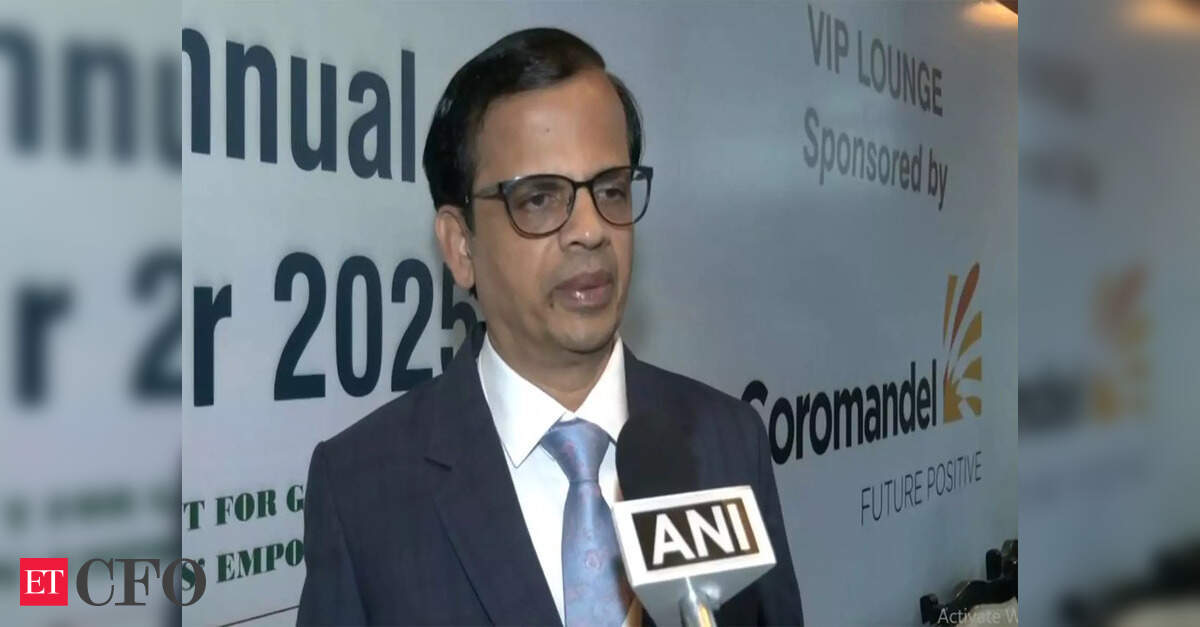A resident individual/HUF, incurring expenditure on maintenance of relative dependent, being a person with a disability, can claim deduction under section 80DD.
Amount of deduction
If the taxpayer incurs any expenditure as mentioned in (a) or (b) below, then a flat deduction of Rs. 75,000 is available, irrespective of the amount of such expenditure.
However, if the dependent person is suffering from severe disability (i.e., disability of 80% or above), then the amount of deduction will be Rs. 1,25,000.
Deduction is available in respect of any of the following:
(a) Expenditure incurred on medical treatment (including nursing), training, rehabilitation of a dependent person with a disability.
(b) Amount paid or deposited under a scheme of LIC or any other insurer or UTI or specified company duly approved by the Board, for maintenance of dependent person with disability.
Dependent person with disability means:
1) In case of an individual, it will include spouse, children, parents, brothers and sisters of the individual, or any of them who is mainly or wholly dependent on such individual; and
2) In case of a HUF, it will include any member of the HUF, who is mainly or wholly dependent on such HUF. Provided that such dependent person has not claim any deduction under section 80U.
Disability Means:- Such person is suffering from a specified disability which generally includes blindness, low vision, leprosy-cured, hearing impairment, locomotor’s disability, mental retardation and mental illness [see section 2(i) of the Person with Disabilities (Equal Opportunities, Protection of Rights and Full Participation) Act, 1995 ], it will also include “autism”,
“cerebral palsy”, and “multiple disability”, referred to in clauses (a), (c) and (h) of section 2 of National Trust for welfare of Person with Autism, Cerebral Palsy, Mental Retardation and Multiple Disabilities Act, 1999.
Person with severe disability means:-
1. A person with 80% or more of one or more disabilities, as referred to in section 56(4) of the Persons with Disabilities (Equal Opportunities, Protection of Rights and Full Participation) Act, 1995 (1 of 1996); or
2. A person with severe disability referred to in clause (o) of section 2 of the National Trust for Welfare of Persons with Autism, Cerebral Palsy, Mental Retardation and Multiple Disabilities Act, 1999 (44 of 1999).
Other Important Points:
1. Deduction wherein a sum paid/deposited in insurance scheme is available only if:
(a) Such scheme provides for payment of an annuity or lump sum for the benefit of a dependent person, who is suffering from a disability:
• In the event of the death of the assessee; or
• When the assessee attains the age of 60 years or more and payment or deposit to such scheme has been discontinued; and
(b) Assessee nominates either such dependent or any other person or trust to receive payment for the benefit of such dependent.
2. The taxpayer should obtain a copy of certificate (Form No. 10-IA) issued by the medical authority (fresh certificate is required in case of reassessment of disability after the expiry of the period mentioned in original certificate).
3. If the dependent predeceases the taxpayer or the member of HUF referred to above, then amount paid or deposited in insurance scheme, shall be charged to tax in the hands of the taxpayer for the previous year in which such sum is received.
However, the condition mentioned in point (3) shall not be applicable in case an amount has been received by the dependent, before his death, when the assessee attains the age of 60 years or more and payment or deposit to such scheme has been discontinued.
Example:
Brother of Ram (a resident) is totally blind and is dependent on Ram. During the year 2023-24, Ram has incurred expenditure of Rs. 10,000 on training and rehabilitation of his brother. Can Ram claim any deduction in respect of expenditure incurred by him on maintenance of his physically handicapped brother?
In this case, all the criteria of section 80DD are satisfied and hence, Ram can claim a flat deduction of Rs. 1,25,000 under section 80DD (since his brother is suffering from 100% disability).
Suppose in the above case, instead of 100% disability, his brother is suffering from disability of less than 80%, then the amount of deduction will be limited to Rs. 75,000.
Join our Practical Income Tax, ITR & TDS Course:
with lifetime validity: https://cagurujiclasses.com/courses/practical-course-income-tax-itr-tds/
With limited validity: https://studywudy.com/courses/incometax/
